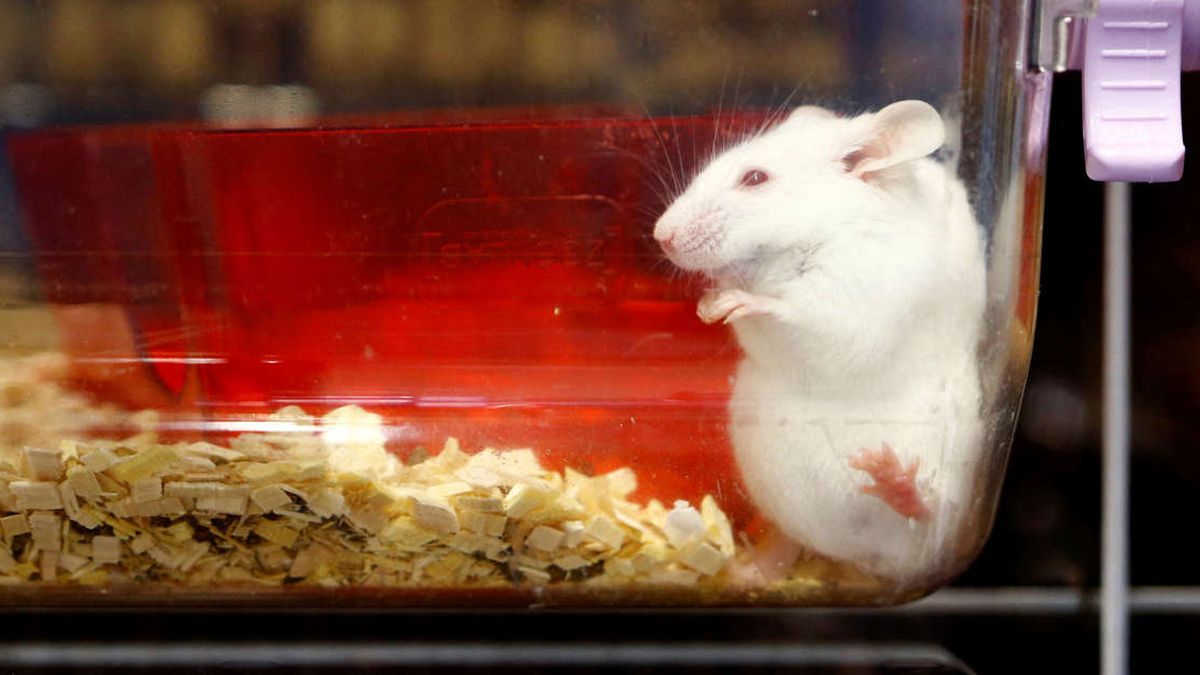If the yes were to win – something that the polls rule out – “Switzerland would become the only country at the international level with such a ban,” said the president of the Swiss university lobby group, Yves Flükiger.
According to the Sentience association, primates “are characterized by their large brains, their complex social structures and their great capacity to suffer physically and psychologically.”
The Swiss Federal Court judged in 2020 that the initiative was valid, because it does not only ask that the fundamental rights applicable to humans also apply to animals, “but requires the introduction of specific rights for non-human primates”.
Instead, the court considered that the text would only apply “to cantonal and communal bodies” and not directly to private persons.
The proposal seeks to prohibit experiments on animals and humans, and also the importation of medicines obtained by these means.
“Experiments on animals should be considered a crime“, explained Renato Werndli, the doctor who launched the initiative, which is opposed by all parties.
According to the government, such a ban would have “serious health consequences” and repercussions on the economy, since the chemical and pharmaceutical sectors account for slightly more of Switzerland’s exports.
Interpharma, the pharmaceutical lobby group, warned that if the text goes ahead, “the affected institutions and companies will be forced to relocate their activities” and take them “abroad.”
In Switzerland, some 2 million animals a year were used for scientific purposes in the early 1980s, while now the figure is around 560,000.
Patrycia Nowak-Slivwinska, head of the molecular pharmacology laboratory at the University of Geneva, explains that “with the ‘in vitro’ model, we try to find promising candidates.” Only the latter are tested on animals, she notes.
For the expert, it is impossible to completely stop resorting to animal experiments and clinical trials.
For this reason, the Faculty of Medicine of Geneva houses in its basements about 25,000 animals, mostly rats and mice.
With them, Doron Merkler is investigating a treatment against a form of multiple sclerosis, something that, he says, he could not do without the mice into which he injects modified cells to observe the effects of the disease on the nervous system.
Regulated experiments carried out by trained specialists to detect when an animal is not well.
“If you can’t apply any veterinary care to the animal, you can decide, together with the researcher, to sacrifice it,” explained Pierre Bonnaventure, head of the animal facility at the Faculty of Medicine.
Meanwhile, citizens have rejected three initiatives on this issue, in 1985 (70% voted against), 1992 (56%) and 1993 (72%). The same is expected to happen this time, although it remains to be seen if the rejection will be so massive, in a society in which animal welfare has become inescapable.
Source: Ambito
David William is a talented author who has made a name for himself in the world of writing. He is a professional author who writes on a wide range of topics, from general interest to opinion news. David is currently working as a writer at 24 hours worlds where he brings his unique perspective and in-depth research to his articles, making them both informative and engaging.




